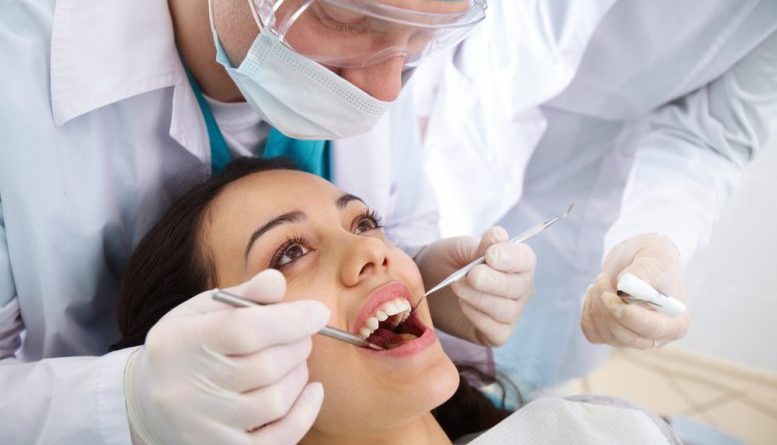There are many afflictions that can occur in the oral cavity, or mouth. Luckily, there are also numerous ways to treat these afflictions, including through the use of medications.
Medications can help with tooth pain, infections, and anxiety caused by these problems.
Pain management is often behind many of the medications prescribed for oral cavity issues. Report all symptoms to your dentist, so that they can prescribe you the appropriate medication.
Analgesics
There are non-narcotic analgesics and narcotic analgesics.
Non-narcotic analgesics are often used as tooth pain medication. The most common non-narcotic analgesics include ibuprofen (such as Advil, Nuprin, or Motrin), acetaminophen (such as Tylenol), and aspirin (such as Bayer). Ibuprofen can sometimes lead to xerostomia, or dry mouth, which may increase the risk of oral plaque and cavities.
There are also corticosteroids, another form of non-narcotic analgesics, which can be used as anti-inflammatory medications to help relieve discomfort and redness in the mouth. These include Orabase-HCA, Oracort, and Oralone.
As for narcotic analgesics, these are used in cases where the pain is much more severe. These include codeine and hydrocodone (Vicodin).
Anesthetics
There are topical anesthetics, local anesthetics, and general anesthetics.
Topical anesthetics come in the form of ointments, sprays, and liquids. They are used to prevent surface pain in the mouth. They can also be used to numb an area before injecting a local anesthetic.
The most common topical anesthetics include Anbesol and Orajel.
Local anesthetics help with deeper pain. They are injected into the deeper tissues of the mouth and help to inhibit the impulses of pain-sensing nerves. Local anesthetics are often used in the cases of dental procedures when drilling or cutting is involved.
General anesthetics help to relax a patient during dental procedures and are usually given with local anesthetics. General anesthetics are inhaled. They include anti-anxiety agents, like nitrous oxide.
Anesthetics are only meant to act as temporary pain relief and should therefore not be used for long periods of time.
Antibiotics
Antibiotics are usually given to treat an infection that may occur after a dental procedure. These include penicillin and amoxicillin (Amoxil), or Erythromycin in the cases where the patient is allergic to penicillin or amoxicillin.
Antibiotics also help to prevent the bacteria in the mouth from spreading into the blood.
Antifungals
Antifungals are used to treat candidiasis in the mouth.
Featured image: pressmaster via DepositPhotos








